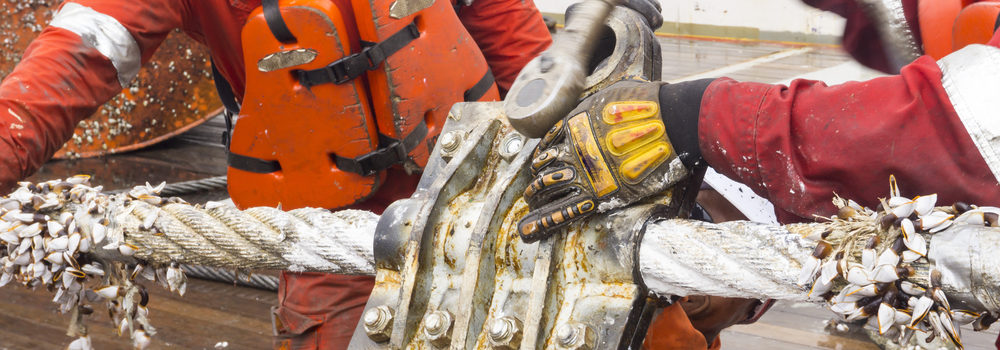March 22, 2017

Alaska has some of the most dangerous waters in the world for seaman, and sometimes the unthinkable happens. If a death occurs at sea due to the negligence of another party, the loved ones felt behind can file a wrongful death suit. Often negligence includes unsafe working conditions, unseaworthy vessels, or lack of safety gear or training. If you or someone you know believes there might be a wrongful death case, there are three different areas that could cover them.
The Jones Act
The Jones Act states that spouses and dependants of maritime workers who lose their lives at sea while working, have the legal right to sue and potentially collect damages if the employer is found negligent. Similar to the laws that apply to maritime injuries, wrongful death claims can only be applied to a worker deemed a “seaman.” A seaman is anyone who performed a substantial amount of their work on the vessel and contributed to the work of the craft. Additionally, it is worth noting that under the Jones Act, the only one who can be held liable is the seaman’s employer.
Death of the High Seas Act
If your loved one was killed at least 3 or more miles away from shore, then the Death on the High Seas Act or DOHSA would also apply to their case. The DOSHA covers pecuniary damages but not damages for loss of companionship or emotion trauma. You must have a Jones Act claim in place prior to filing under the DOHSA.
Pecuniary damages can include the following:
- Loved ones of the deceased maritime worker are owed “joint and several liability.” This means the negligent party, which could include the victim’s employer, the vessel’s owner, or an additional responsible party, is liable for the damages incurred
- Children of the seaman killed on the job are entitled to damages due to loss of the following because of the death: education, nurturing, nutrition, as well as physical and moral training.
- If for some terrible reason, the victim was conscious or aware prior to death and if he experienced any physical trauma, his loved ones could receive pain and suffering compensation.
The Longshore and Harbor Workers’ Compensation Act
The Longshore and Harbor Workers’ Compensation Act (LHWCA) also provides benefits to the loved ones of a seaman who dies while at work. Claims have a time limit for filing: within 30 days of the death, or within 30 days of the loved ones or beneficiaries finding out about the death. The Jones Act and the LHWCA are exclusive from each other. One of the main differentiators is that while the victim must perform most of his work on a vessel, he is not required to contribute to the work and function of the vessel to qualify for the LHWCA.
If you, a family member or friend believes they may have a wrongful death claim it is wise to have a qualified and experienced Anchorage maritime attorney. We offer a no obligation, free consultation if you would like to just talk with a qualified lawyer about your case. We can help you navigate through the confusing waters of these three laws and let you know if you have a liable case.
